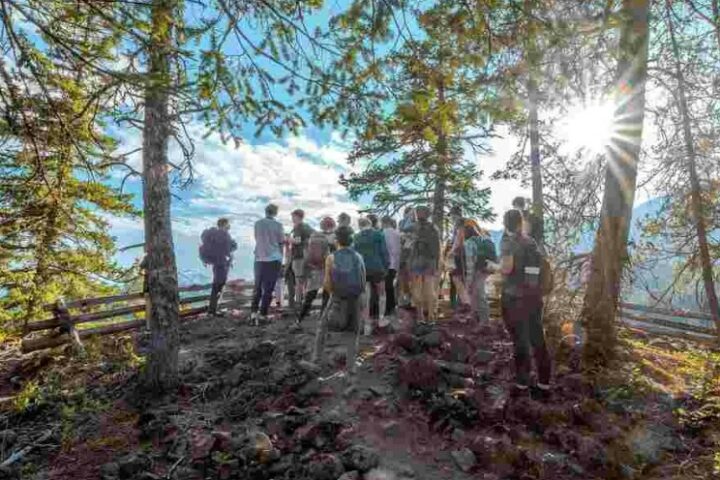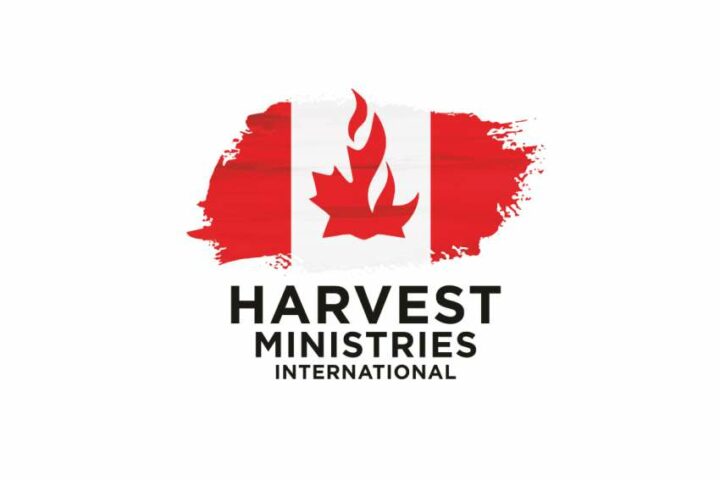By Nicholas Elders
Convicted sex offenders struggling to find a place in the world outside of prison often wonder if it’s even possible, and many don’t shy away from difficult conversations about their pain with what they have done, or how they ended up in prison.
At the Circles of Support and Accountability’s 20th-anniversary banquet, men who have served time for sex crimes talked about the impediments to finding a way to live in the world outside prison.
The theme of the March 9 banquet was The Ripple Effect, which describes how sexual violence hurts not just victims, but victims’ families and friends and, it’s often forgotten, the perpetrators themselves.
Many of the men have stories of mutually abusive relationships, lost or nonexistent family connections, children they wish they could see, and childhoods marked by violence and substance abuse.
Despite all being placed in the same “sex offender” box, none of the men’s stories are quite the same. For some, their crimes came out of their struggles with pornography. Others can’t remember a time in their lives that wasn’t marked by violence and abuse. Generational trauma looms like a spectre over many of their stories.

Many felt the world had no place for them and a return to prison was the most likely outcome after being released. One man spent more than four decades in the prison system before encountering CoSA.
CoSA board Member Anita Tetreault Callahan said offenders, who are called “core members,” participate in accountability circles that “go beyond the usual labels” and create “a new narrative of identity.”
Each of the core members who agreed to be interviewed was deeply thankful for the accountability circles and especially the small group of three or four volunteers who meet with them weekly to help with everything from paperwork and job searches to accountability and self-forgiveness.
As one teary-eyed man put it, his circle volunteers “are committed to the communal good and believe that I am part of it.”
Circles of Accountability offers them a different view of themselves, one in which they can forgive themselves and be challenged to grow in ways some never imagined possible.
One man told The B.C. Catholic he appreciates his circle because “even though it can be uncomfortable sometimes, they challenge me to keep growing.”
Much of the evening was spent highlighting CoSA’s impact on public safety, which is only possible through public donations – public donations that can be a challenge.
As Tetreault Callahan pointed out in her talk, “the public isn’t enthusiastic about sexual offenders.”

Governments and the public both want by-the-numbers arguments for why they should part with their money.
CoSA tries to deliver those arguments, and the approach seems to be working. Government funding has been secured for at least another year to supplement the various donations from private donors and organizations such as the Archdiocese of Vancouver. Archbishop J. Michael Miller was in attendance and presented CoSA with a cheque for $5,000.
While studies have shown that accountability circles can decrease repeat offences by as much as 88 per cent, it wasn’t statistics and theory that Archbishop Miller focused on in his address, but the “magnificent manifestation of what we are called to as people of God,” illustrated in the testimonies of core members and volunteers.
Indeed, in speaking with volunteers, none cite crime statistics or speak about their work making communities safer. Rather, they talk about friendship and the effect that working with their core members has had on their capacity for empathy and understanding, as well as their understanding of Christian charity.
Volunteers described how their preconceptions have been deeply challenged through volunteering with CoSA and how it has humanized people who are often ignored.
As CoSA supporter Chris Radziminski said in his address, quoting Pope Francis, “The Gospel tells us constantly to run the risk of a face-to-face encounter with others, with their physical presence which challenges us, with their pain and their pleas, with their joy which infects us in our close and continuous interaction.”
True faith in Jesus, he said, “is inseparable from self-giving, from membership in the community, from service, from reconciliation with others. The Son of God, by becoming flesh, summoned us to the revolution of tenderness.”





